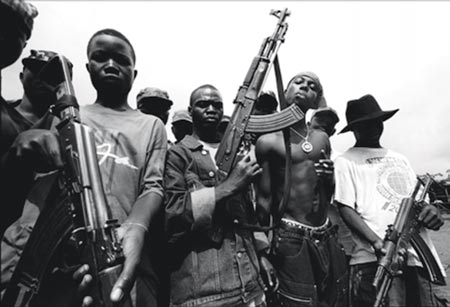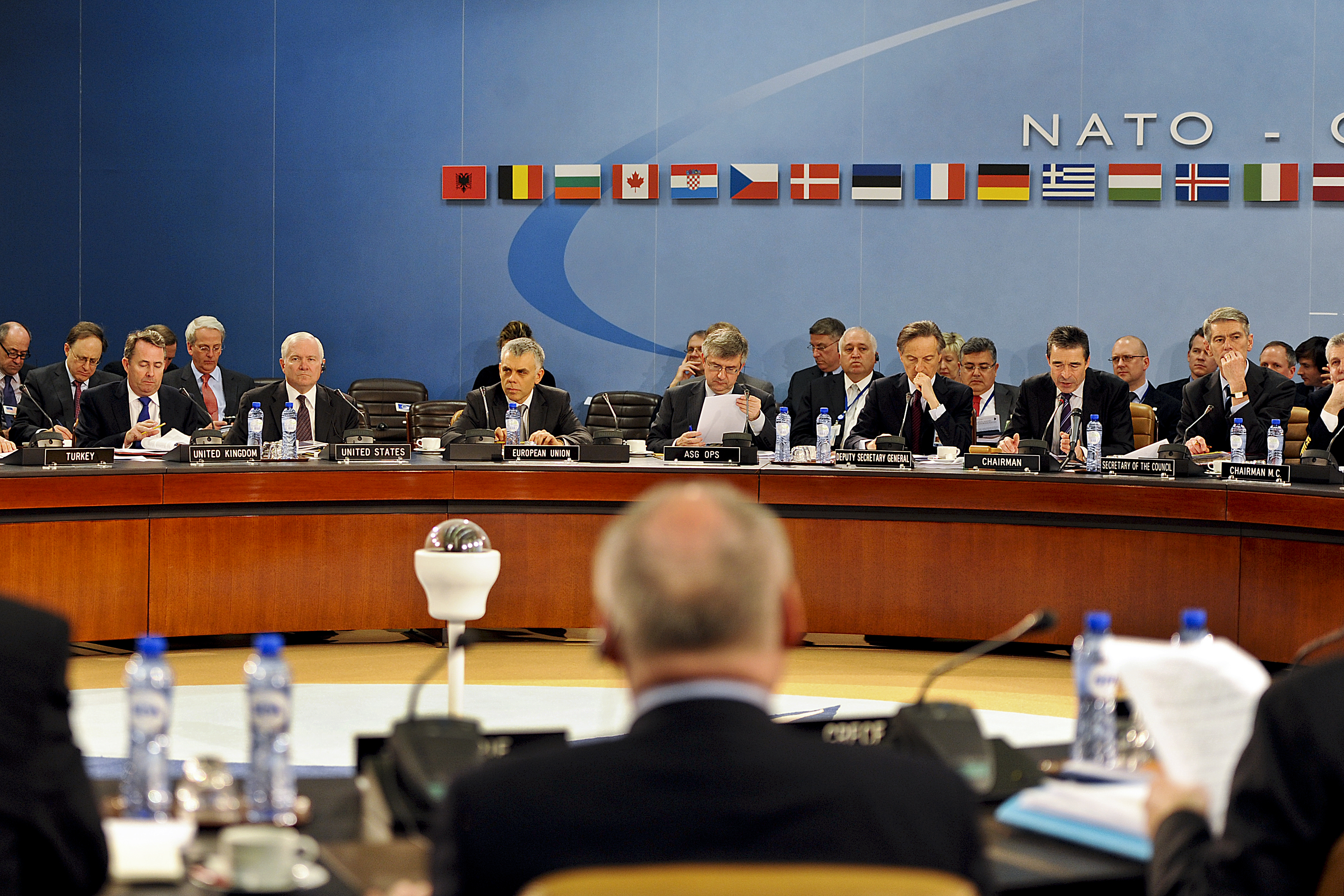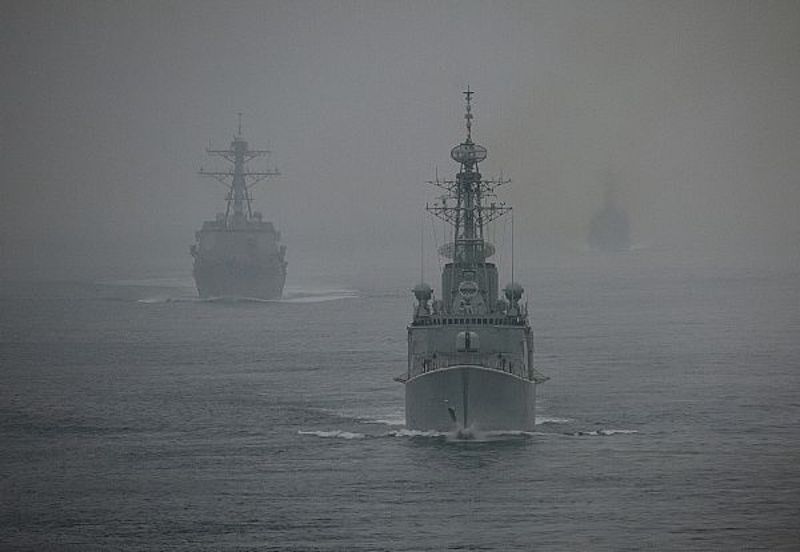On November 15th, 2017, a group of 55 UN member states came together to draw up the Vancouver Principles on Peacekeeping and the Prevention of the Recruitment and Use of Child Soldiers. While the Vancouver Principles were a step in the right direction, they need more support from NATO. As the largest and most advanced military alliance in the world, NATO would be the perfect organizational support for the implementation of a global framework or set of standards to prevent the use of children in war.
February 12th 2017, the last International Day against the Use of Child Soldiers, was a day for celebration but also a day for serious reflection. While it marked the 15th anniversary of the implementation of the Optional Protocol on the Involvement of Children in Armed Conflict, a commitment to protect children from being forced into being child soldiers, there were still, nearly 250 million children, around the world, living in countries affected by conflict. While a lot of work had been done to end the use of children in war, there was still a long way to go. It was against this backdrop that the Vancouver Principals were created.
The Vancouver Principles of 2017 are meant to build on the success of the Paris Principles of 2007. The Paris Principles were negotiated on the basis that all children are entitled to protection and care under a broad range of international, regional, and national instruments. According to Allons-y, a series of peer-reviewed papers written by young academics and practitioners put together by the Dallaire Initiative, The Paris Principles have helped to create a framework for nations to guard children in armed conflict. Allons-y has provided new frames of reference for some of the world’s most pressing concerns, these concerns range from Islamophobia to cyber-security.
The Vancouver Principles were a big step in the right direction, but Canada still has a role to play. According to Prime Minister Justin Trudeau “Canada continues to be recognized as a leading advocate for children affected by armed conflict.” As a leading advocate, it is important that Canada makes its voice heard against the abuse of children and that its message is spread across the NATO alliance. The unity and cooperation of the Alliance could be used to save many children from a terrible fate. These principles, now endorsed by 4 more nations, are “a set of political commitments made by member states regarding training, planning, and the conduct and care of their own forces. Moreover, the Vancouver Principles take an assertive stance on preventing child recruitment in the context of peacekeeping operations, specifically with regard to early warning and the active prevention of recruitment.” While most of the NATO member states have endorsed the Principals, three members have not done so, Bulgaria, Turkey, and the United States.
It is very important to try and prevent all children from being forced to serve in any kind of armed forces, therefore the focus needs to be on the prevention, rather than the rehabilitation, of child soldiers. Since 2016, every national armed force that was identified by the Secretary-General as using child soldiers is working with the United Nations to end this practice. Despite this pledge, there is still a lot of work to be done to protect children around the world. In 2017, violence in the Central African Republic (CAR), Democratic Republic of Congo (DRC), Nigeria, Yemen, Iraq, and Afghanistan all put children in danger. The consequences of these conflicts range from being forced to move, to being forced into participating in the violence, to being killed in the fighting. Children in conflict zones are frequently recruited by either national armies or militias. They are recruited to perform a variety of jobs, which include, but are not limited to, spying, fighting, cooking, or prostitution. Children who are forced into these roles often suffer from severe physical or psychological trauma. If they are able to return home, children used in conflict often face an uncertain future as members of their communities. They are often ostracised, this is especially true of girls forced into prostitution and any children they may have had while they were enslaved.
The need for creative preventative measures through strategy and policy is paramount to the protection of children. For this, as many states as possible need to support the same mandate for protection. This is why it is vital that NATO adopts the Vancouver Principles and puts their mandate into action across NATO states. The standardization which alliance members already adhere to needs to be used in the issue of child soldiers too. The Vancouver Principles have been described as a framework for protecting children, NATO should be a part of turning that framework into action.
The Vancouver Principals are a step towards eliminating child soldiers, but they are not the final step. Remaining NATO states need to be brought into the commitment and action needs to be taken to use the frame work that has been laid out to protect children in war. The cooperation of the largest, most advanced and most organised military alliance in the world could change the lives of many children around the world.
Photo Credit James G. Antal, R. John Vanden Berghe – On Mamba Station: U.S. Marines In West Africa 1990-2003
Disclaimer: Any views or opinions expressed in articles are solely those of the authors
and do not necessarily represent the views of the NATO Association of Canada.




